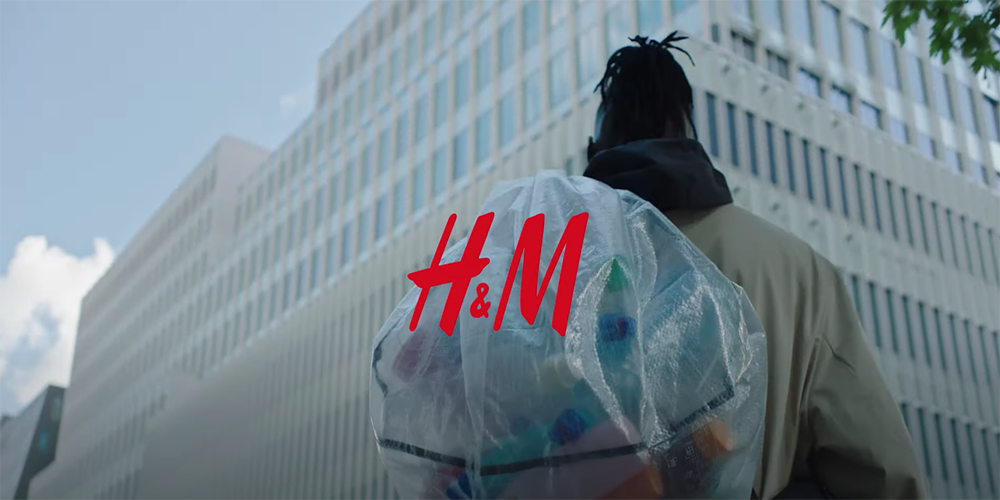
H&M Being Sued For Greenwashing
The brand is under fire for being dishonest with its customers.
On July 27th, the fast fashion powerhouse H&M had a lawsuit filed against them by Chelsea Commodore, a sustainable marketing expert who is calling out the brand on multiple accounts of engaging in the deceptive marketing technique known as “greenwashing.”
In short, greenwashing is when a brand or company advertises itself, its values, and its products or services as environmentally sustainable for the sole purpose of luring in more customers to purchase their products, even if deception has to be involved within the advertising or marketing of said products.

H&M is now one of the many fast fashion brands to come under fire for this specific practice because of various inconsistencies that have been uncovered behind how their garments are advertised and labeled, versus the truth behind how they are actually made and the reality of their harmful environmental impact. This is all done with the main goal being to get more consumers to purchase from H&M who normally wouldn’t do so without the usage of greenwashing, which then allows the brand to charge more for these seemingly sustainable garments when they are in fact no different than the ones from the main collection.
In the class action complaint against H&M, it states that the brand’s usage of “environmental scorecards” for its product’s labeling and packaging did not actually meet sustainability standards and were riddled with falsifications. The brand’s now infamous “conscious” collection also came under scrutiny by Commodore, who referred to the term as overwhelmingly subjective and as a form of pandering towards consumers instead of genuine concern over their garments originating from truly “conscious” practices and textiles.

This should come as no surprise given the fact that H&M is one of many fast fashion giants that choose to greenwash through marketing and advertising rather than making a genuine effort to adjust their unsustainable practices. As this lawsuit plays out, the most effective course of action for us as fashion consumers is to be weary, and even skeptical at times, of any fast fashion brand’s ethics and how they advertise their products. Also, viewing fast fashion as a last resort, and opting for second-hand, vintage shopping and thrifting can help the fashion industry truly shift towards a more sustainable future.
Up next, Cruise Through Monte Carlo With Chanel’s 2023 Resort Runway











